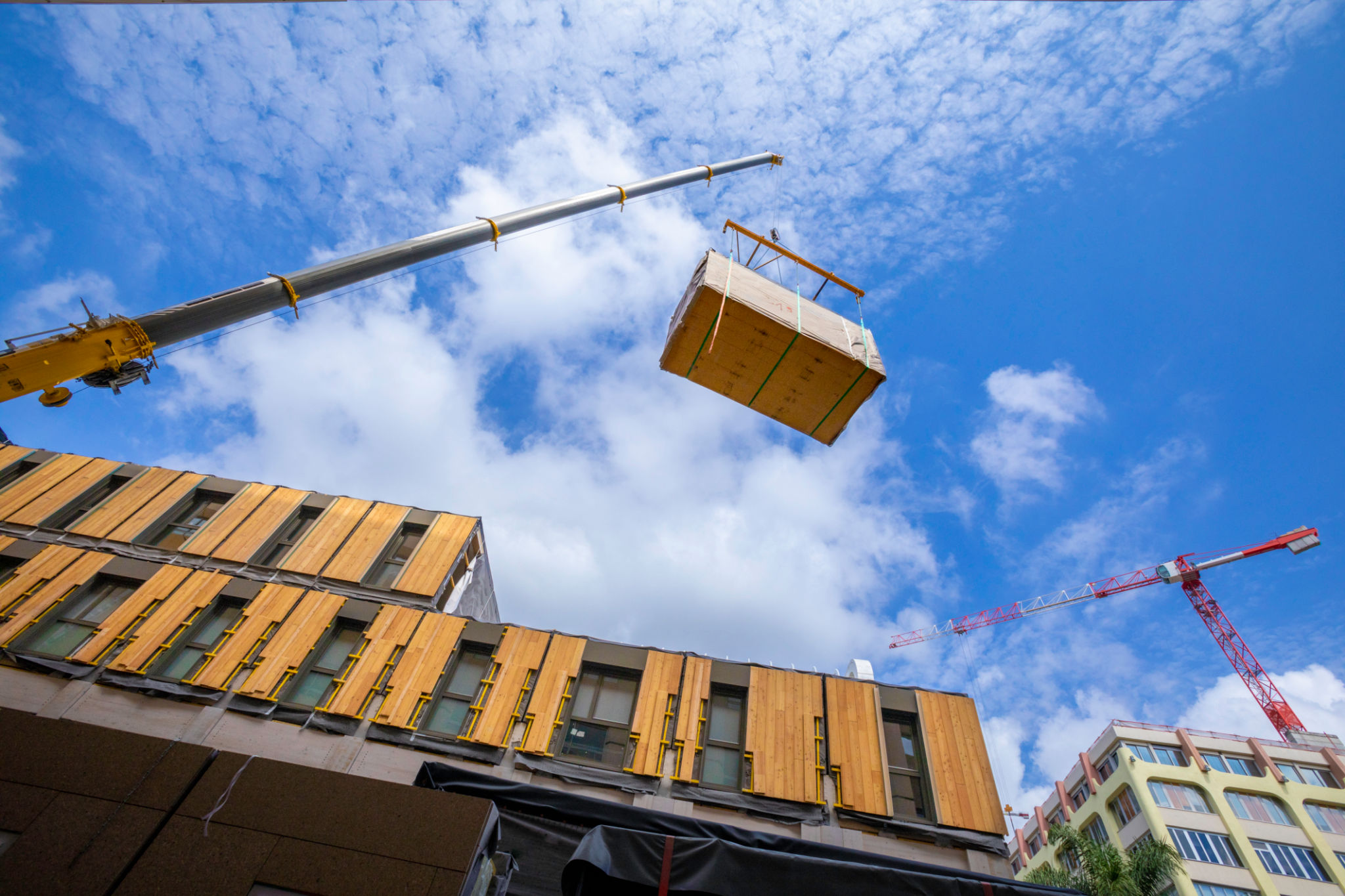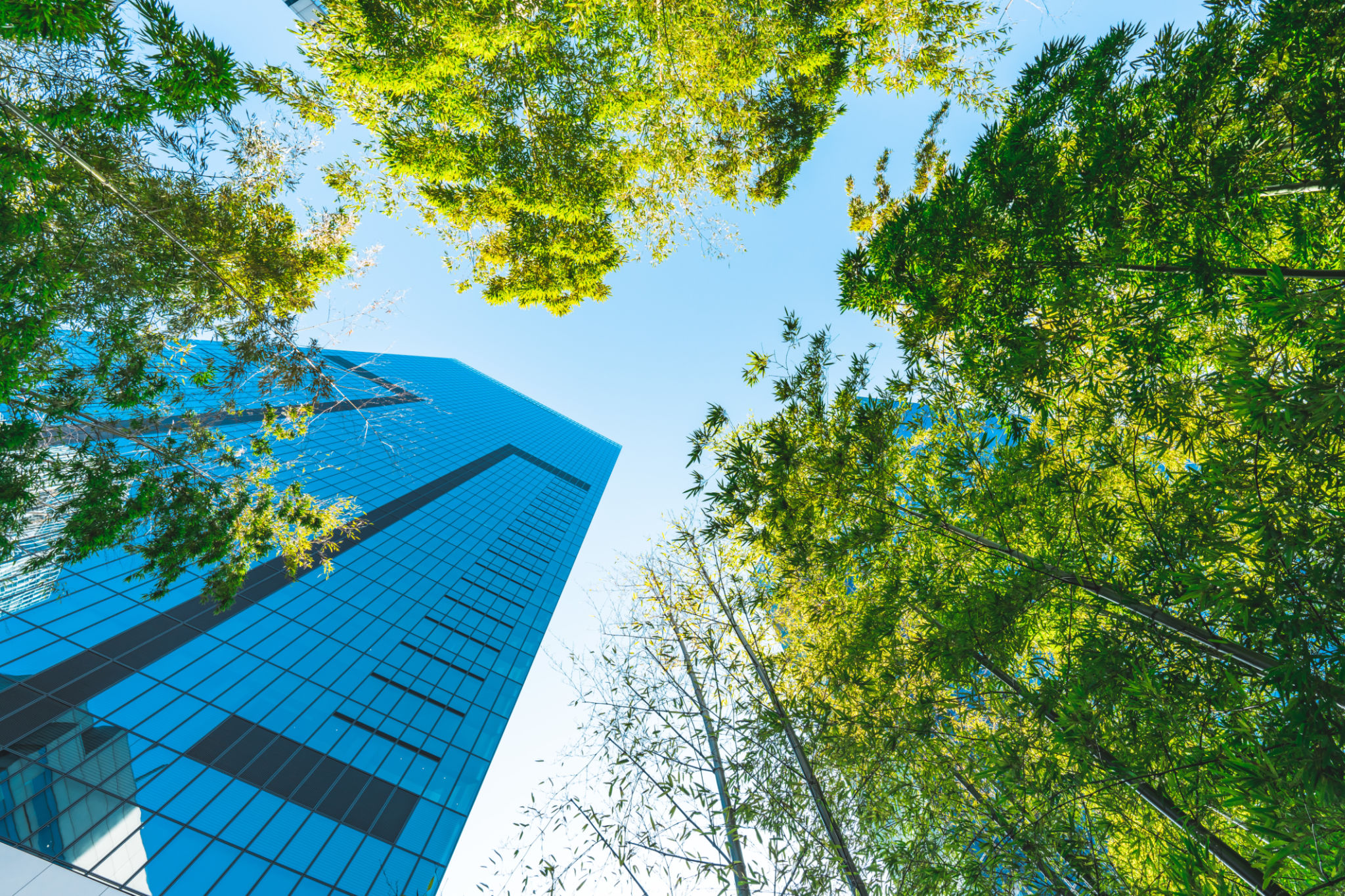Exploring the Benefits of Eco-Friendly Concrete Solutions
Understanding Eco-Friendly Concrete
Concrete is one of the most widely used building materials in the world, but traditional concrete production has a significant environmental impact. Eco-friendly concrete solutions are emerging as a sustainable alternative, aiming to reduce carbon footprints and enhance performance. By adopting these solutions, industries can contribute to a healthier planet while maintaining structural integrity.
Eco-friendly concrete is often made with recycled materials, such as fly ash or slag, which replace traditional Portland cement. This not only reduces waste but also decreases the energy consumption and emissions associated with cement production. As a result, eco-friendly concrete offers a more sustainable option without compromising quality.

The Environmental Benefits
One of the most significant advantages of eco-friendly concrete is its ability to lower greenhouse gas emissions. Traditional concrete production is responsible for approximately 8% of global CO2 emissions. By using alternative materials and innovative processes, eco-friendly solutions can significantly reduce this figure.
Additionally, eco-friendly concrete often incorporates locally sourced materials, which reduces transportation emissions. This not only contributes to a smaller carbon footprint but also supports local economies by utilizing regional resources. Furthermore, these materials can enhance the durability and longevity of structures, reducing the need for frequent repairs and replacements.

Improved Thermal Performance
Eco-friendly concrete solutions also offer improved thermal performance, which can lead to increased energy efficiency in buildings. By optimizing the thermal mass of structures, these solutions help regulate indoor temperatures, reducing the need for heating and cooling systems.
By maintaining consistent indoor temperatures, buildings constructed with eco-friendly concrete can significantly lower energy consumption. This not only leads to cost savings for property owners but also reduces the overall demand on power grids, contributing to a more sustainable energy landscape.

Economic Advantages
The adoption of eco-friendly concrete is also economically advantageous. Although initial costs may be higher due to innovative materials and technologies, the long-term savings can be substantial. Reduced energy consumption and maintenance costs make eco-friendly concrete a financially viable choice for many projects.
Moreover, as green building standards become more stringent, eco-friendly concrete can help projects meet certification requirements such as LEED or BREEAM. These certifications can enhance property values and appeal to environmentally conscious investors and tenants.
A Versatile Solution
Eco-friendly concrete is not limited to certain types of construction. It is versatile enough to be used in various applications, from residential homes to large-scale infrastructure projects. This adaptability makes it a practical choice for architects and builders looking to incorporate sustainable practices into their designs.
The development of new technologies and materials continuously expands the possibilities for eco-friendly concrete. Innovations such as self-healing concrete and carbon capture techniques are paving the way for even greater environmental benefits in the future.
Conclusion: A Step Towards Sustainability
Embracing eco-friendly concrete solutions is a crucial step towards achieving sustainability in the construction industry. With their myriad benefits, these solutions not only address environmental concerns but also offer economic and performance advantages.
As awareness grows and technology advances, it is expected that eco-friendly concrete will play an increasingly vital role in shaping the future of sustainable building practices. By choosing these solutions today, we can contribute to a greener tomorrow.
